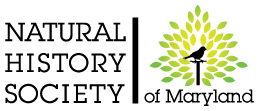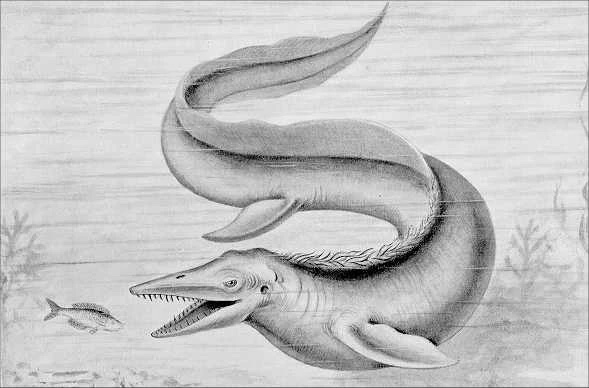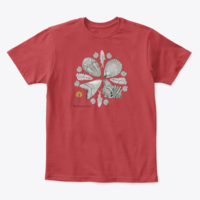Love them or fear them, snakes inspire strong feelings. Where did they come from? At this meeting of the NHSM Fossil Club, join John Merck for a paleontological investigation into the origins of these iconic squamates and their ancient ancestors, including mosasaurs.
John Merck received his BA from Oberlin College in 1977 with a degree in Judaic and Near Eastern Studies. After an early mid-life crisis, he returned to academics to pursue research in vertebrate paleontology and evolution in the Department of Geology of the University of Texas at Austin, receiving his PhD in 1997 after dissertation research on the phylogeny of the euryapsid reptiles. In 1999 he became a member of the faculty of the Department of Geology at the University of Maryland, College Park, advancing from Lecturer to Principal Lecturer over his time there. For most of this time he has served as Undergraduate Director for Geology and Associate Director for the Science and Global Change Program of College Park Scholars. Through it all his teaching has included upper-level courses in paleontology, including two courses in vertebrate paleontology whose development he spearheaded: The Honors seminar on Beyond Dinosaurs – Patterns and Enigmas in Vertebrate Evolution and Vertebrate Paleobiology. His interests range broadly across the tree of vertebrate evolution with particular foci on the rise of terrestrial vertebrates and the early diversification of Reptilia.
This meeting of the NHSM Fossil Club will take place in person at 6908 Belair Rd. If you can’t make it but would like to join us virtually, email the club coordinator (mfalk@marylandnature.org) for a Zoom link and passcode.
Natural History Society of Maryland’s Fossil Club is a group of novice and more experienced collectors who meet to exchange knowledge, help with fossil identification, and discuss fossil locations and other fossil-related topics. Monthly meetings are held the first Wednesday of every month and are open to all.
If you are a fossil enthusiast, please consider joining (https://www.marylandnature.org/club-membership/). NHSM membership is $35 for individuals, $50 for families. The Natural History Society of Maryland is a volunteer-led non-profit organization, so the fee you pay will go directly to support the programs, the nature collections, and the building that make this kind of nature education possible. Learn more about NHSM Clubs: https://youtu.be/pIA7naRjXws


